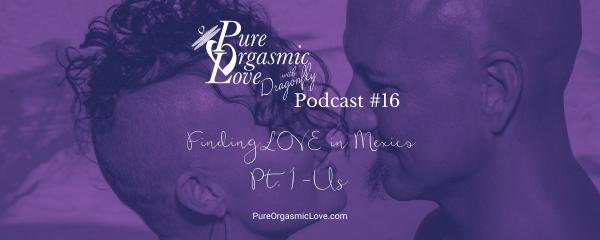Techniques For Sexual Harm Reduction


After talking with the Sex Down South Committee this week and talking to a couple of friends about sex and sexual health (and thinking about my own sexual health), I figured it would be helpful for other folks to engage in some real harm reduction methods when it comes to sexual interactions.
Don't Damage Your Sexual Health
For those of you who don’t know, I’m a PhD student and I work at Georgia State University’s School of Public Health. As a certified phlebotomist, I recruit and test people for HIV, as we do HIV research and train peer guides to link newly infected individuals to care. I love my job. However, it’s also made me a bit more paranoid than the average Joe because of the scary statistics I know.
For instance, Atlanta is a hotbed for diseases, especially for the Black population. We have been one of the top cities for syphilis for a while now and those folks newly infected with HIV have HIV because they’ve been bombarded with a “cocktail” of diseases, which include chlamydia, (new) gonorrhea (antibiotic-resistant gonorrhea), and syphilis, and people hesitate to get tested or treated between partners.
However, sometimes it might not be possible because maybe you get caught up in the lust or maybe you don’t have the money to go see a doctor or maybe you don’t have a condom or other barriers are around and still want to have sex. When this is the case, here are a few ways you can actively do harm reduction and limit the amount of damage to your sexual health:
Communication
I know that sometimes this is hard for people (even me!), but it’s necessary when it comes to harm reduction. Asking questions like, “Do you have any STDs?” “When was the last time you were tested?” And if it’s a continuous sexual/dating situation, questions like, “How many other people are you currently having sex with?” Communicating can help you get a gist on other needs that you may have when it comes to sexual health.
Use your sense of smell (if you have it)
Although, generally, men’s sense of smell tends to be a bit duller than other folks, it’s still helpful to get a large whiff of the sexual orifices or genitals of your potential sex partner. Smells can help you identify imbalance of bacteria, which can ultimately help you identify if someone has a bacteria-based STD, such as chlamydia, gonorrhea, syphilis, trichomoniasis, bacterial vaginosis, and yeast infections. However, this doesn’t pertain as much to viral infections. Viral infections mostly have to do with sight, which brings us to…
Look before you leap (if you can!)
Some say sex is better with the lights on and it might be because you may be able to see what’s going on with their genitals. Really examining a person’s genitals is important. Looking for any bumps, warts, pus or discoloration in mucous is helpful. These can be signs of an infection, particularly with viruses. However, it also helps to see ingrown hairs or pimples just in case your partner is experiencing pain in a certain genital region.
Touch it before you tease it
If you’re able to touch your partner, I recommend touching them around (and possibly in) their genitals to find any idiosyncracies, such as skin-chaffing, irregular bumps or nodules. When you feel these things, these might also be an indicator that something is wrong as well. Remember to communicate to see if they know what is going on with their own body.








